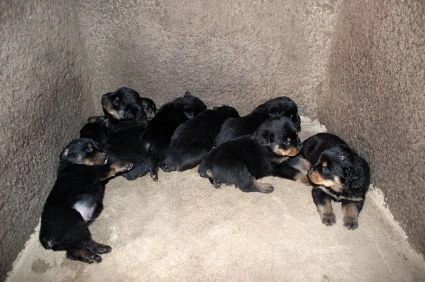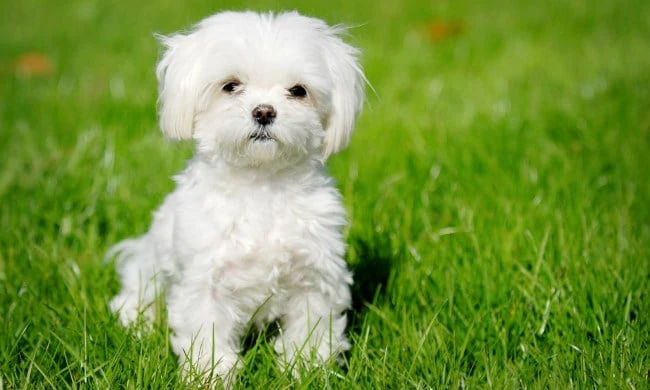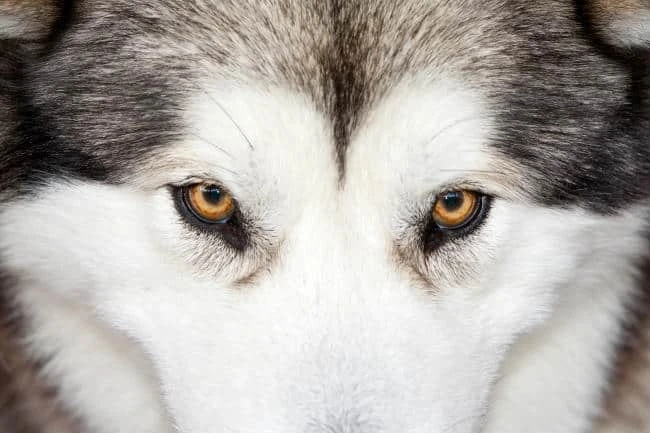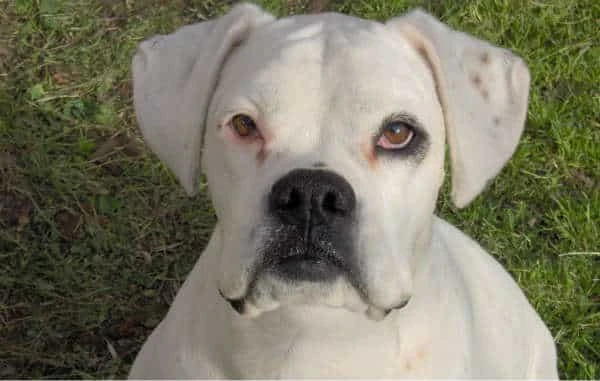Parvo in Puppies,& Dogs, Symptoms, Vaccine, Virus Treatment

Parvo in Puppies

Parvo in puppies and dogs is a very serious illness and can be deadly. In this section we will explain the details of the condition, the signs and symptoms, its treatment and advice on any vaccine that might be available.
Below is a quick guide to the condition.
Cause
This virus is actually a relatively new disease and was first discovered in dogs and puppies in 1978.
Incubation Period
The virus takes five days to incubate.
How is the disease transmitted?
The disease can be transmitted from dog to dog, it can also be transmitted to puppies and dogs through poop. It can also be transmitted via human clothing, on shoes or footwear or anything that may have come into contact with the virus. Basically the virus is very tough and very resistant. Your dog or puppy will contract the disease through virus particles.
The virus is very difficult to remove from Houses where a dog or puppy has had the disease and it can remain in a House for up to one year – it can still be caught during this year. If a kennel has had numerous outbreaks the virus may never be able to be removed. It is also very difficult to disinfect after the virus has been discovered in the House or on objects.
Parvo in Puppies
There are two forms of canine parvovirus both of which are equally deadly if transmitted to young puppies. The first variety is called Canine Parvovirus Myocarditis and the other is an intestinal form of the condition.
Canine Parvovirus Myocarditis
This variety will normally directly affect the mother before she has puppies. If the mother has not been vaccinated then the virus will be transmitted to the unborn puppies. Due to the mother not having a vaccine before she became pregnant she will offer no protection to her unborn puppies. The virus works by seeking out cells that are multiplying the fastest and of course these cells are found within the heart muscle of the puppy.
The virus will then either destroy the heart muscle completely or partially destroy it. This is why parvo in puppies is so serious as it will kill the newborn puppy and also the entire litter. This will not happen immediately as the virus will not become active for about 4-10 weeks. It will happen very quickly with your puppy playing one minute or eating and the suddenly collapsing and dying. Although this form of the virus is becoming rarer due to breeding bitches being vaccinated against the disease or through natural exposure to the disease and natural anti-bodies protecting the pregnant female.
Intestinal Parvovirus
This is one of the most common forms of the condition and will affect puppies from the age of 4 weeks and then right into old age. The condition is most common in the first year when it will become fatal very quickly. The signs and symptoms of the condition include.
- Depression
- Severe and often protracted vomiting
- Your dog or puppy may become experience abdominal pain
- You may notice that your dog or puppy refuses to drink water and food
- Diarrhea is also very common and expect to see blood in the diarrhea.
If your dog has become infected by the virus and your dog is going to survive then you should expect to see improvement within four to five days. With parvo in puppies (especially this variety) if your puppy survives then he may be stunted and may even lose hair and be bald for anything up to a year.
Prevention
To prevent against the disease in puppies you should consult a vet as soon as you take your new puppy home. Your vet will prescribe a vaccination schedule and advise you to also have annual boosters to continue the protection against the disease. If you think that your puppy has developed the disease you should immediately put him in isolation and you should also avoid contact until you speak to a vet as the virus will attach itself to clothes, shoes and even objects.
It is very difficult to disinfect against the disease as many disinfectants will not kill the virus. Sodium hypochlorite (domestic bleach) and formalin are quite active against th disease. If you have a dog or puppy that has died of the disease do not get another puppy housed in the same area for at least six months to a year after.
CPV (Canine Parvovirus) works by killing and destroying the cell lining in the intestine. This will cause the affected dog or puppy to not be able to absorb water or other nourishment – consequently the cause of death is dehydration.
.Go from Parvo in puppies back to free vet advice or back to dog obedience training home-page





